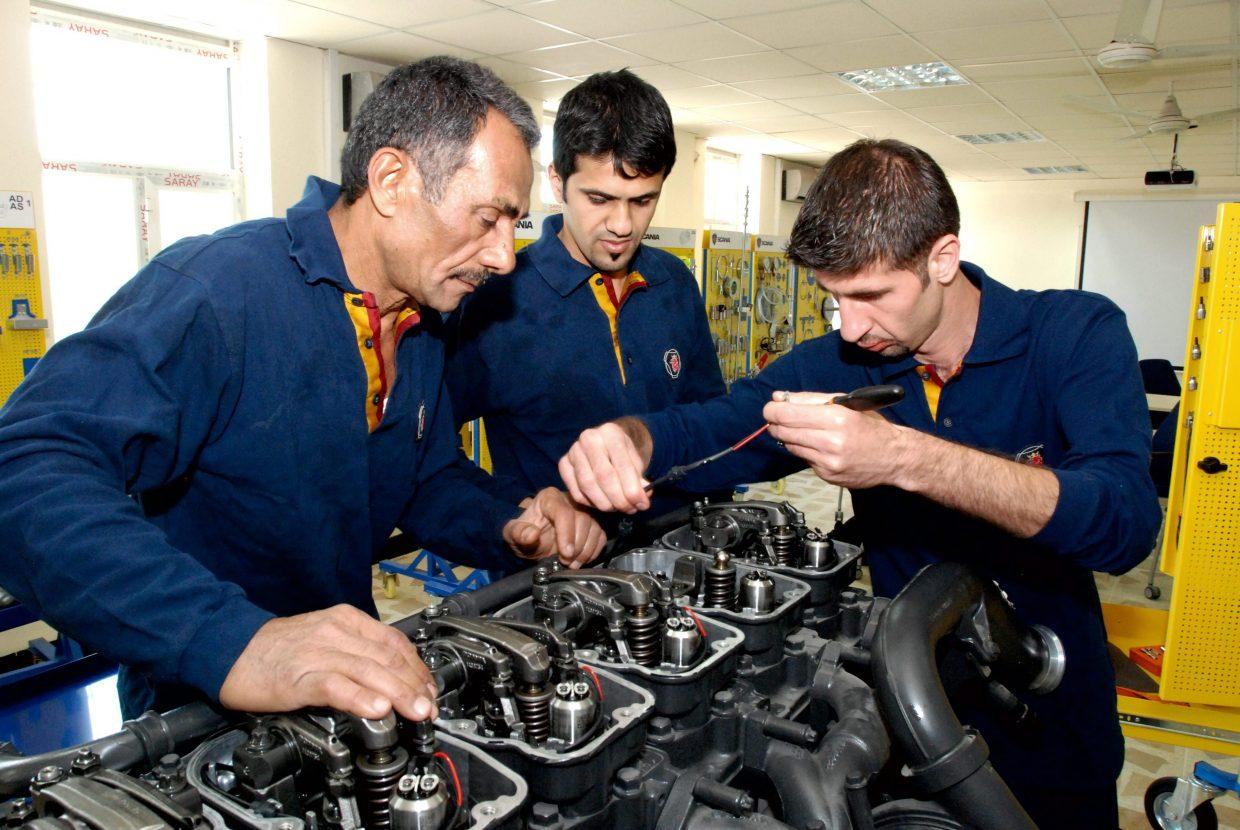
Starting from the first of March 2024, the system for employing foreigners with professional experience in Germany will be activated, in accordance with the new immigration law, which aims to meet the need of the labor market in Germany for skilled workers. This system will benefit people with professional experience who hold certificates accredited by their country, and experienced workers with two years of training, Hubertus Heil, Minister of Labor from the Social Democratic Party, told the German News Agency. Activating this system is an important step in confronting the gap in the lack of professional skills in Germany.
Federal Minister of Education Bettina Stark-Watzinger told the German News Agency that skilled workers with university degrees and professional experience can enter and work in Germany without prior recognition.
The new system is based on enabling people from other countries to work in Germany, provided that they have professional experience of no less than two years and hold university degrees accredited by their country of origin. They are exempted from undergoing recognized training in Germany, and the job offer in Germany is required to include: A salary of no less than 40,770 euros, or according to a collective agreement if the employer is bound by one.
As for the professions that need a recognition partnership, such as the medical professions, and employers’ commitment to the recognition partnership, work activation does not begin until after entering Germany, and the employer and the worker undertake to submit an application for recognition after entry, and to continue working, in addition to the requirement that the worker be proficient in the German language at the level of (A2).
According to the new situation, the employer can benefit from short-term temporary employment, as the Ministries of Interior and Labor stated to the German News Agency. This is a good opportunity for employers to employ skilled foreign workers for a period of eight months, provided that the employer is bound by a collective labor agreement, and according to the Federal Employment Agency, the employment quota for this system is 25,000 for the year 2024.
Foreigners from outside the European Union will be allowed to work part-time, while giving them more time to obtain recognition of their academic qualifications if they come to Germany to study or learn the German language.
The new system is being welcomed by the government. “We are ensuring that the skilled workers that our economy urgently needed for years can come to our country,” said Stark-Watzinger. The shortage of skilled workers is one of the biggest challenges facing Germany.
The government’s great welcome for the new system was accompanied by some criticism that saw the need to improve it to achieve the desired results, according to a statement by immigration expert Martin Lange at ZEW Mannheim. The new system is “a qualitative shift in immigration policy,” Lange added. However, the federal government must make improvements to enable more migration through this channel, and administrative hurdles must be reduced.
The refugee organization Pro Asyl criticized the change in the recourse system in December 2023. It allows, in the event that asylum is withdrawn, the possibility of issuing a residence permit for a skilled worker for asylum seekers in Germany, and the organization considered that this was not enough.
Tareq Alaows, spokesman for refugee policy at Pro Asyl, called for the need to expand the capabilities of immigration authorities and recognize educational certificates more quickly. If the rules do not continue in this manner, we do not expect much.





